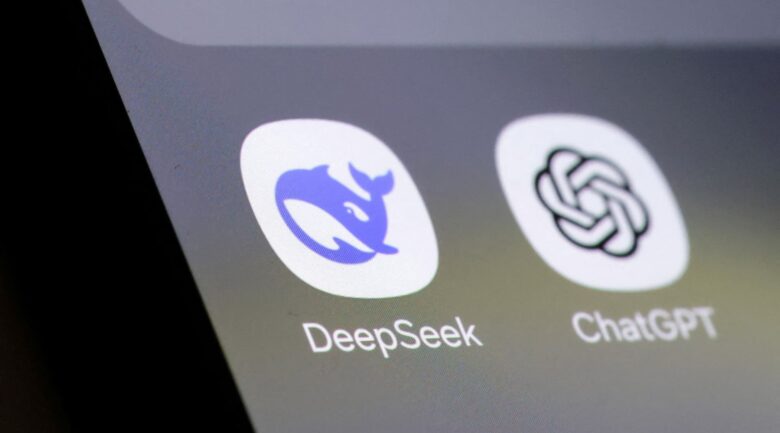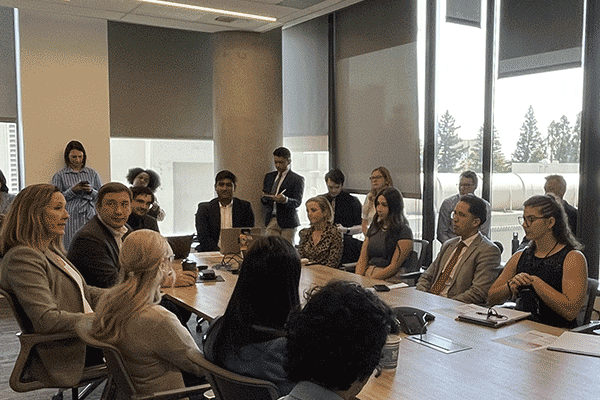Did you know that AI-powered HR solutions can reduce hiring time by up to 35% for small businesses? As we move into 2025, artificial intelligence is no longer just a buzzword – it’s becoming an essential tool for streamlining HR processes, particularly in recruitment and scheduling. This article explores how small businesses can leverage AI to transform their HR operations and stay competitive in today’s fast-paced business environment.
Automating Resume Screening
One of the most time-consuming aspects of recruitment is sifting through resumes. AI-powered tools can dramatically speed up this process by automatically screening resumes and matching candidates to job requirements. For instance, Sniper AI uses machine learning to match candidates’ CVs with job descriptions, ensuring the best matches rise to the top4. This not only saves time but also improves the quality of candidate selection.
Enhancing Candidate Sourcing
Finding the right candidates can be challenging for small businesses with limited resources. AI tools like LinkedIn Recruiter and Workable can scan multiple job sites and professional networks to identify potential candidates who match specific criteria7. This proactive approach expands the talent pool beyond active job seekers, giving small businesses access to a wider range of qualified candidates.
Streamlining Interview Scheduling
AI can significantly reduce the administrative burden of scheduling interviews. Virtual HR assistants can manage the entire scheduling process, from finding mutually convenient times to sending reminders and handling rescheduling requests. This automation frees up HR staff to focus on more strategic tasks that require a human touch3.
Improving Candidate Experience
AI-powered chatbots can provide instant responses to candidate queries, enhancing the overall recruitment experience. These chatbots can answer FAQs, provide updates on application status, and even conduct initial screenings. This 24/7 availability ensures that candidates feel engaged throughout the process, potentially reducing drop-off rates1.
Optimizing Job Descriptions
AI tools can analyze successful job postings and help craft optimized job descriptions that attract the right candidates. By using natural language processing, these tools can suggest improvements to wording and highlight key skills that resonate with top talent in specific industries.
Enhancing Diversity and Reducing Bias
AI can help reduce unconscious bias in the hiring process by focusing on skills and qualifications rather than demographic information. Some AI tools can even be programmed to ignore factors like age, gender, and ethnicity during the initial screening process, promoting a more diverse and inclusive workplace1.
Predictive Analytics for Better Hiring Decisions
Machine learning algorithms can analyze data from successful hires to predict which candidates are likely to be the best fit for a role. This predictive approach can help small businesses make more informed hiring decisions and reduce turnover rates.
Streamlining Onboarding Processes
Once a candidate is hired, AI can assist in automating much of the onboarding process. From generating personalized welcome packages to scheduling orientation sessions and training, AI can ensure a smooth transition for new employees while reducing the workload on HR staff3.
Continuous Learning and Improvement
One of the key advantages of AI in HR is its ability to learn and improve over time. As these systems process more data, they become increasingly accurate in their predictions and recommendations, leading to continually improving HR processes.
As we progress through 2025, the adoption of AI in HR processes is becoming a key differentiator for successful small businesses. By leveraging AI to streamline recruitment, scheduling, and other HR tasks, small businesses can achieve levels of efficiency and effectiveness once reserved for large enterprises with substantial resources.
The future of HR for small businesses lies in the intelligent combination of AI capabilities with human expertise. As these technologies continue to evolve and become more accessible, the businesses that embrace them early will be well-positioned to attract top talent, improve employee experiences, and drive growth. By harnessing the power of AI for HR, small businesses can not only save time and reduce costs but also build a stronger, more dynamic workforce ready to meet the challenges of an ever-changing business landscape.




